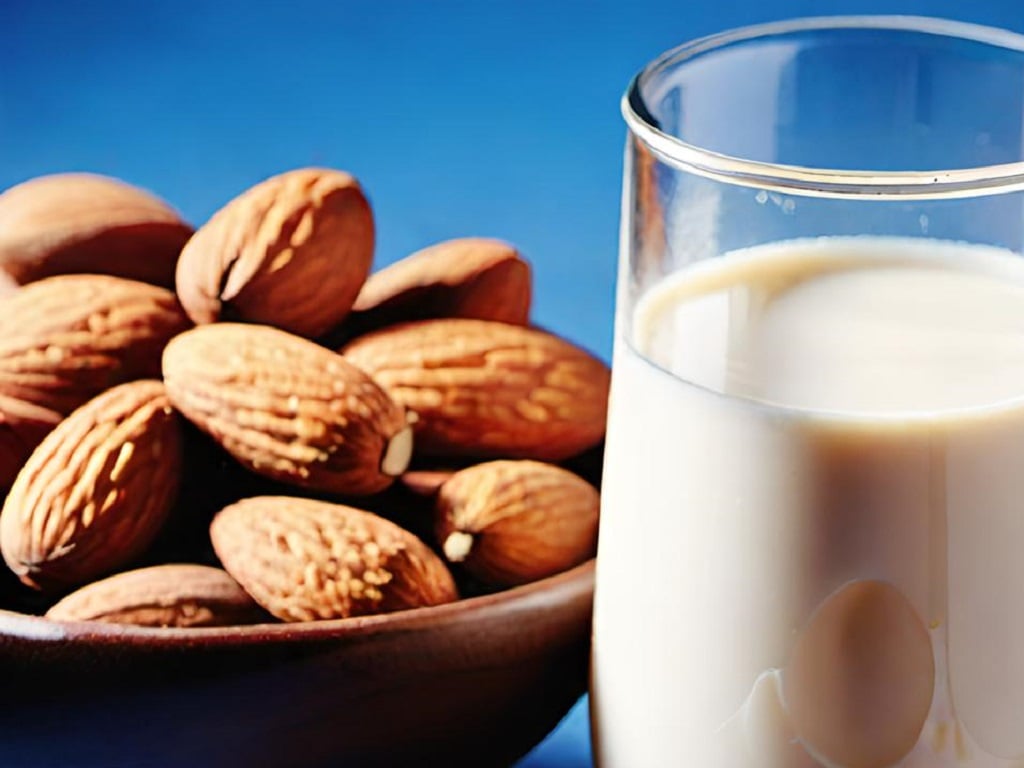'Walking is a simple physical activity but brings countless benefits to human health'. Start your day with health news to see more content of this article!
Starting the day with health news , readers can also read more articles: Many factors increase flu infection; Besides vitamin C, what other substances does the immune system need to be healthy?; 5 silent warning signs that stress is making you sick...
More health benefits of walking
Walking is a simple physical activity but brings countless benefits to human health.
Although it doesn't require much technique, walking can still help improve overall health from cardiovascular, weight to mental and sleep.
Aids in weight loss. According to a study published in the Annals of Family Medicine , people who walk regularly tend to have slimmer figures than those who are sedentary.
However, to achieve optimal weight loss results, walking needs to be combined with a balanced and scientific diet.

More health benefits of walking
Boost your immune system. Staying physically active, like walking, helps your body produce more immune cells, which in turn boosts your ability to fight off disease.
Regular walking not only reduces the risk of common illnesses like colds but also helps the body fight other infections.
Improves heart health. Walking strengthens the heart muscle, promotes blood circulation and reduces the risk of heart disease, stroke and high blood pressure.
Walking at least 30 minutes a day can help reduce the risk of cardiovascular disease by up to 19%. This activity helps regulate blood cholesterol levels, reducing bad LDL cholesterol and increasing good HDL cholesterol, thereby protecting long-term cardiovascular health. The next content of this article will be on the health page on February 9.
Besides vitamin C, what other substances does the immune system need to be healthy?
Vitamin C is essential for immune function because it supports immune cells and protects them from damage caused by free radicals. However, many other nutrients are needed for the immune system to function properly.
Many studies have demonstrated the benefits of vitamin C for the immune system. Foods rich in vitamin C are oranges, tangerines, grapefruit, lemons, guava, bell peppers, papaya and some other foods.

Almonds are rich in vitamin E, which has been shown to enhance the activity of T cells.
In addition to vitamin C, the immune system also needs the following nutrients:
Vitamin D. Vitamin D plays an important role in stimulating the activity of immune cells. Thanks to that, the immune system will respond more effectively when encountering pathogens. Vitamin D deficiency can reduce the immune system's ability to fight infections, especially diseases related to the respiratory tract.
Sun exposure can help the skin create vitamin D. In addition, people can supplement vitamin D through foods such as salmon, mackerel, eggs or milk.
Vitamin A. Vitamin A helps maintain the health of the respiratory tract, digestive tract, and eye mucosa. Healthy mucosal layers will help prevent bacteria and viruses from entering the body. Vitamin A also helps enhance the function of immune cells. To supplement vitamin A, people can eat carrots, sweet potatoes, kale, pumpkin, and dark green leafy vegetables.
Zinc. Zinc is an important mineral that helps maintain the activity of many cells in the immune system, especially T cells and B cells. These are cells that play an important role in the immune response. Zinc also helps the body heal wounds and increases the body's ability to fight bacteria. To get enough zinc, people should regularly eat red meat, beans, whole grains and seafood such as oysters, crabs, lobsters. The next content of this article will be on the health page on February 9.
5 silent warning signs that stress is making you sick
Chronic stress can have a significant impact on your overall health. This is because stress affects almost every organ in your body, leading to a number of symptoms.
The following health problems are silent warning signs that stress is making your body sick:

Prolonged stress will often lead to headaches.
Skin problems . The skin is the body's largest organ. As a result, many health problems show up on it. The American Academy of Dermatology (AADA) says chronic stress can make skin more prone to inflammation, slow healing, and worsen existing skin problems.
For people prone to acne, increased levels of the stress hormone cortisol can cause the skin to produce more sebum, leading to more acne. Increased inflammation can also make eczema symptoms worse. Red spots, rashes, or hives on the skin are more common.
Frequent headaches. When you are stressed, the muscles in your neck and back of your head become tense, leading to headaches. The pain gets worse when you look down at your phone or stare at your computer for a long time. Additionally, a study published in The Journal of Headache and Pain found that stress is one of the common triggers for migraines. Start your day with health news to see more of this article!
Source: https://thanhnien.vn/ngay-moi-voi-tin-tuc-suc-khoe-di-bo-mang-lai-vo-so-loi-ich-185250208235950523.htm





![[Photo] Parade to celebrate the 50th anniversary of Laos' National Day](/_next/image?url=https%3A%2F%2Fvphoto.vietnam.vn%2Fthumb%2F1200x675%2Fvietnam%2Fresource%2FIMAGE%2F2025%2F12%2F02%2F1764691918289_ndo_br_0-jpg.webp&w=3840&q=75)

![[Photo] Worshiping the Tuyet Son statue - a nearly 400-year-old treasure at Keo Pagoda](/_next/image?url=https%3A%2F%2Fvphoto.vietnam.vn%2Fthumb%2F1200x675%2Fvietnam%2Fresource%2FIMAGE%2F2025%2F12%2F02%2F1764679323086_ndo_br_tempimageomw0hi-4884-jpg.webp&w=3840&q=75)


































































































Comment (0)